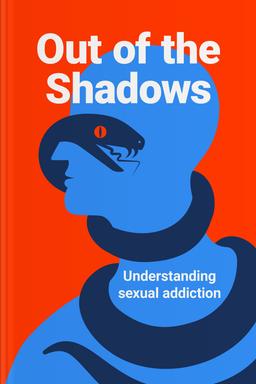What is The Choice about?
This transformative memoir details the author's journey from a Holocaust survivor to a renowned psychologist. Through personal anecdotes and therapeutic insights, it explores themes of resilience, healing, and the power of choice in shaping one’s life. The author challenges readers to confront their past, embrace possibility, and find freedom through self-acceptance and empowerment. It's a poignant reminder that we can choose how to respond to life’s challenges.
Who should read The Choice
- Survivors seeking hope and resilience in adversity.
- Readers interested in psychology and personal transformation.
- Anyone looking for inspiration to overcome life's challenges.
What is The Only Plane in the Sky about?
This book presents a compelling oral history of September 11, 2001, through interviews and firsthand accounts from those who experienced the day. It captures the chaos, fear, and resilience of individuals—from first responders and politicians to ordinary citizens—providing a poignant narrative that reflects the profound impact of the attacks. This comprehensive compilation reveals the human stories behind the events, making history personal and relatable.
Who should read The Only Plane in the Sky
- History enthusiasts seeking first-hand accounts of 9/11.
- Students studying American history and contemporary events.
- Individuals interested in personal stories of resilience and grief.
What is What Happened to You about?
This insightful book explores the impact of trauma on individuals and society, emphasizing the importance of understanding personal experiences rather than simply labeling behaviors. Through candid conversations, it combines scientific research with personal stories to foster resilience and healing. The authors aim to shift the narrative from "What’s wrong with you?" to "What happened to you?", promoting empathy and a deeper understanding of mental health challenges.
Who should read What Happened to You
- Mental health professionals seeking new insights
- Survivors of trauma looking for understanding
- Parents wanting to learn about resilience in children
What is Out of the Shadows about?
This insightful book delves into the complexities of sexual addiction, exploring its psychological underpinnings, symptoms, and the impact on individuals and relationships. It offers a comprehensive understanding of the addiction cycle, along with practical strategies for recovery. Through personal stories and expert analysis, it empowers readers to confront the stigma surrounding sexual compulsivities, fostering healing and hope for those affected by this pervasive issue.
Who should read Out of the Shadows
- Mental health professionals seeking insights on sexual addiction.
- Individuals struggling with sexual addiction and their loved ones.
- Survivors of sexual trauma looking for healing resources.
What is I Hate You — Don't Leave Me about?
This insightful guide delves into the complexities of borderline personality disorder, exploring its symptoms, emotional turmoil, and effects on relationships. Through personal anecdotes and clinical examples, it offers a compassionate understanding for both those affected and their loved ones. The book aims to demystify the condition, providing practical strategies for coping and fostering healthier interactions, while emphasizing the importance of empathy and support in the healing process.
Who should read I Hate You — Don't Leave Me
- Mental health professionals seeking to deepen their knowledge.
- Individuals affected by borderline personality disorder.
- Friends and family of those with emotional instability.




